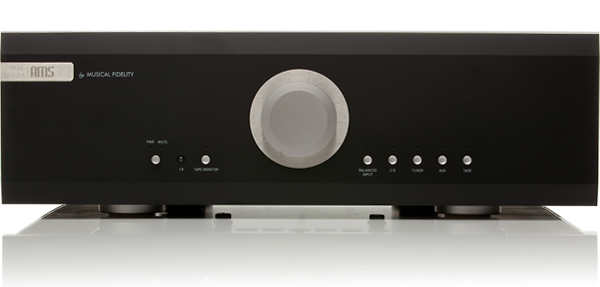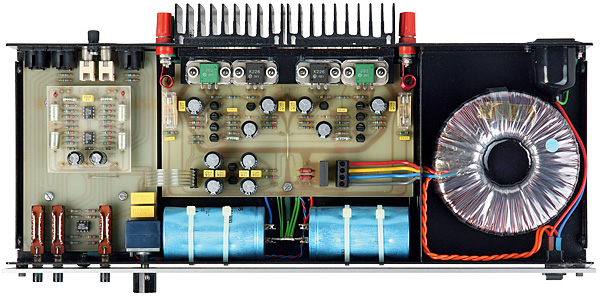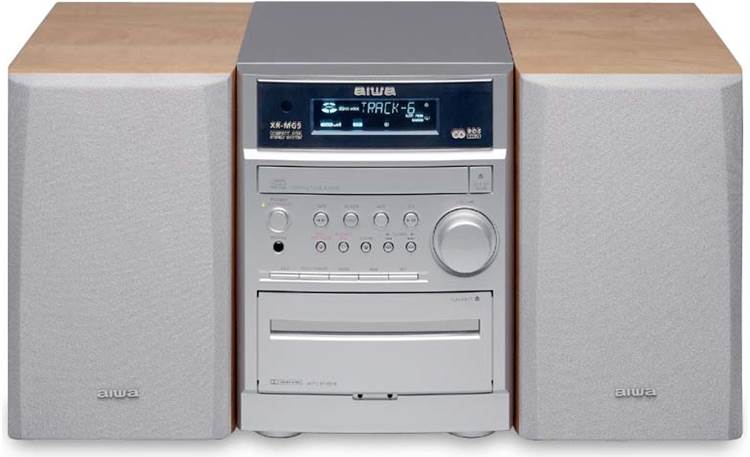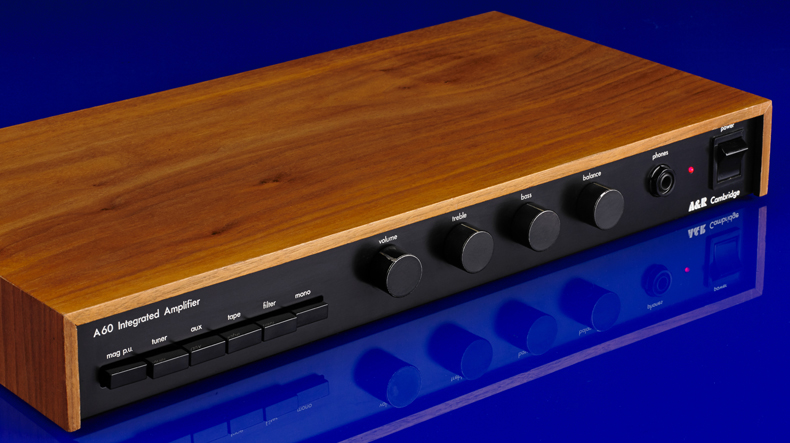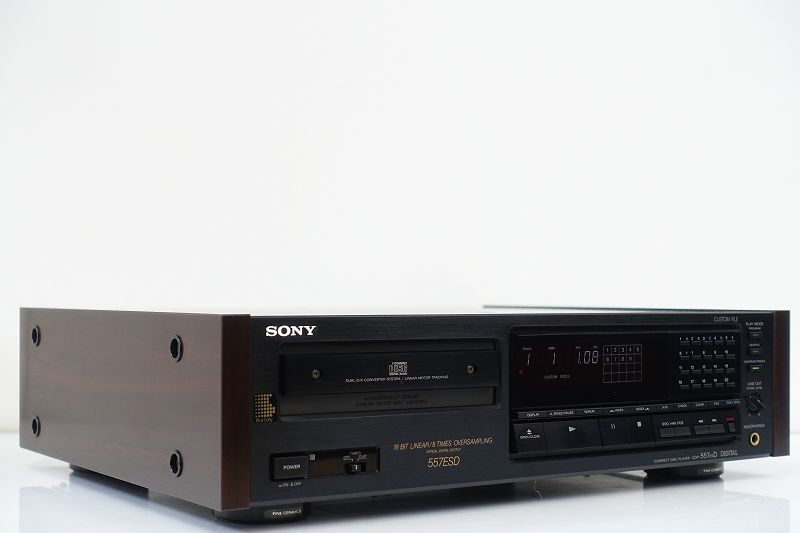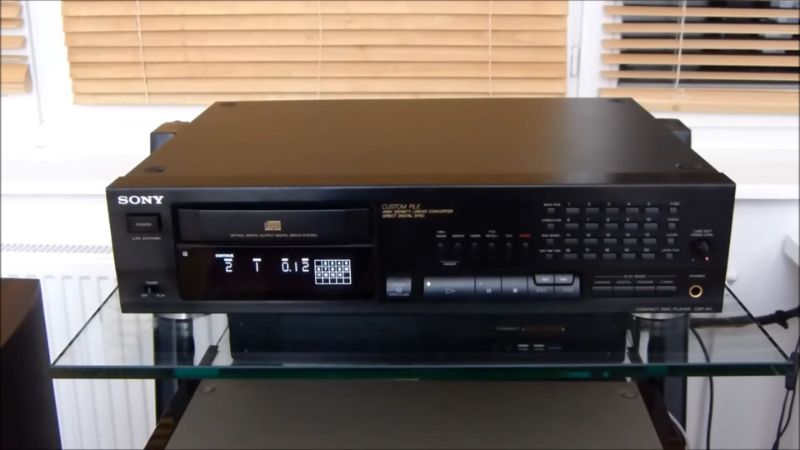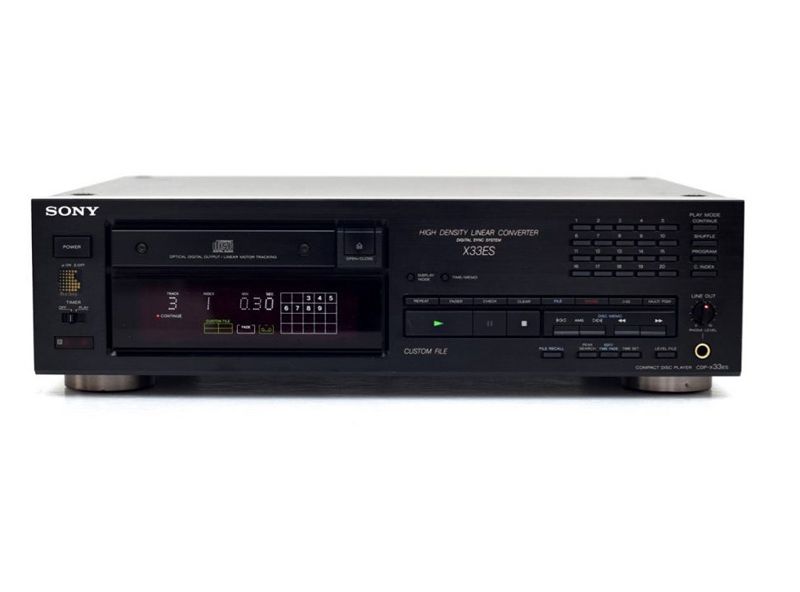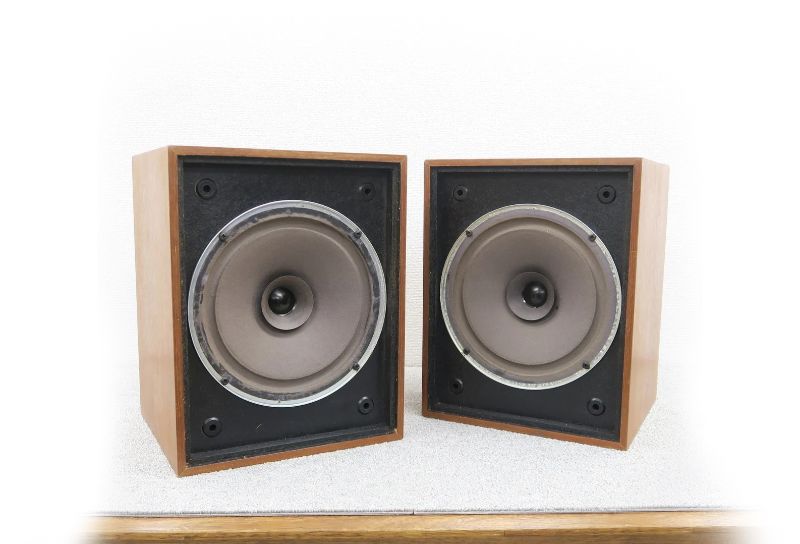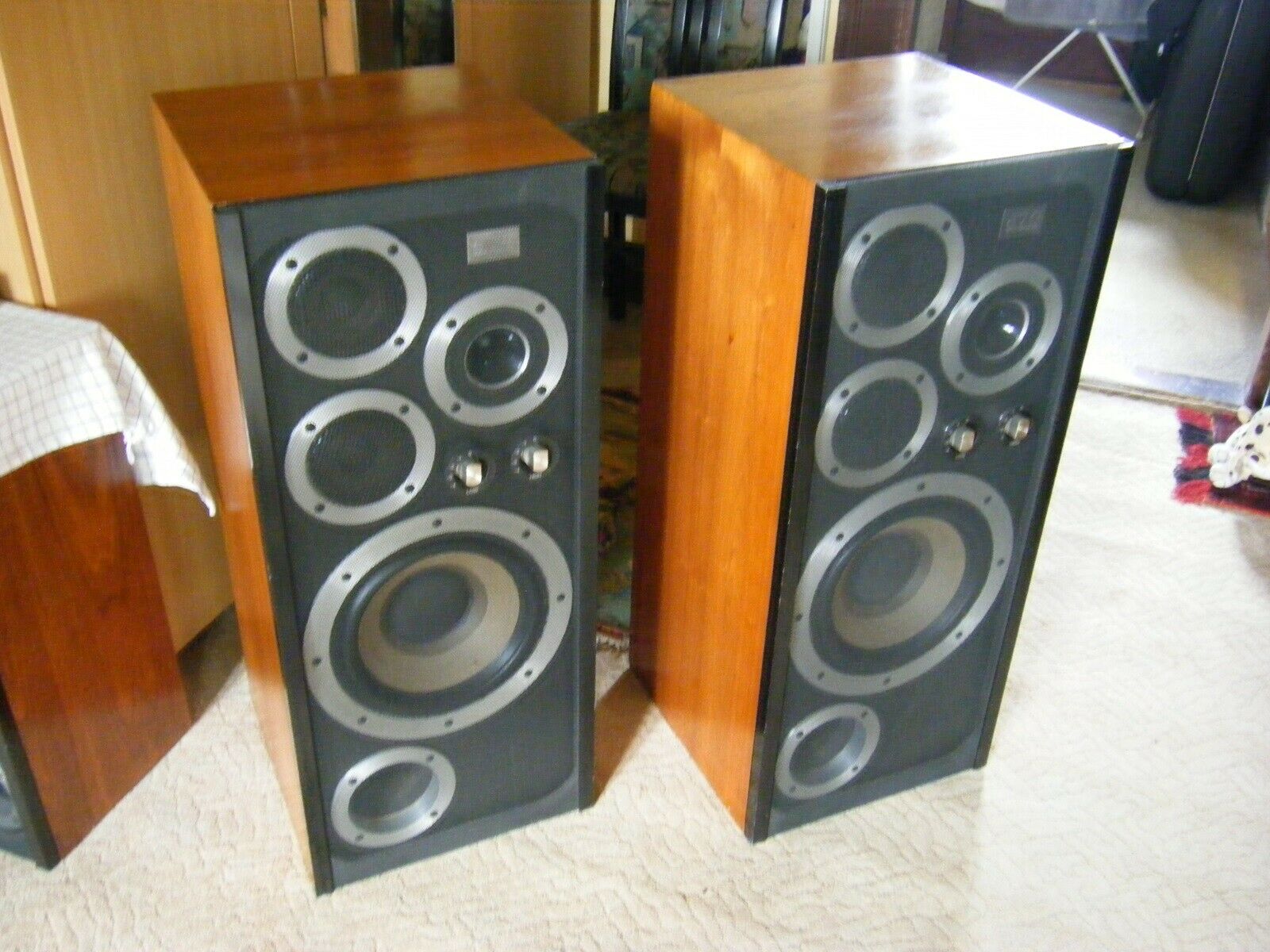Musical Fidelity AMS35i Review
When you talk to Antony Michaelson about his vast product portfolio, there are a few designs in particular that he adores, one of which is the A1000. It’s a two-box design, with the first housing the amplifier and the second housing the power supply (11kg and 7kg respectively). Two sets of eight substantially heatsinked transistors, […]
Musical Fidelity AMS35i Review Read More »

